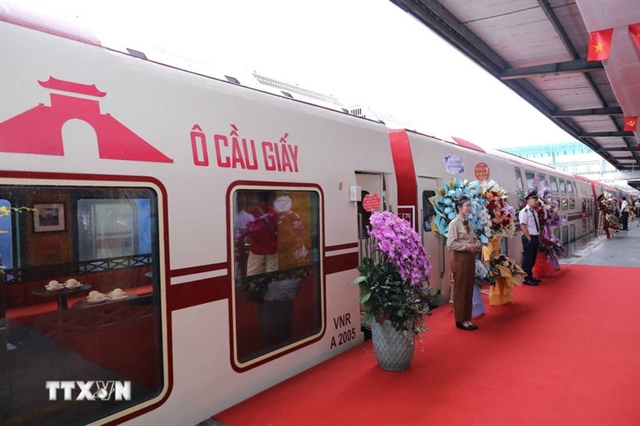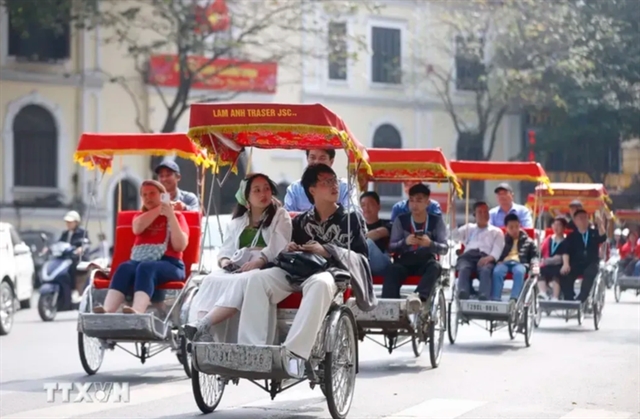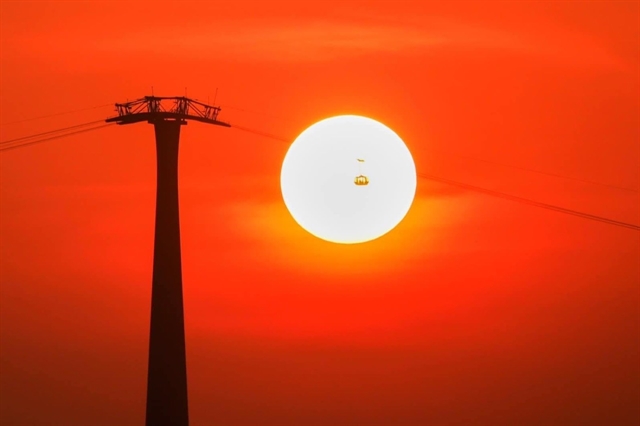 Society
Society
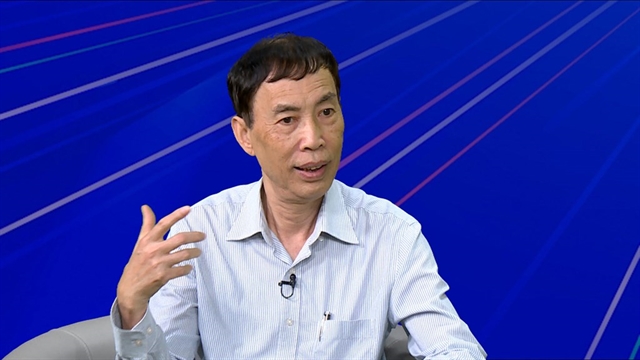
The Directorate for Roads of Việt Nam (DRVN) is planning an investigation into toll collection activities of the State-run Việt Nam Expressway Corporation (VEC) on all highways over concerns of a lack of transparency.
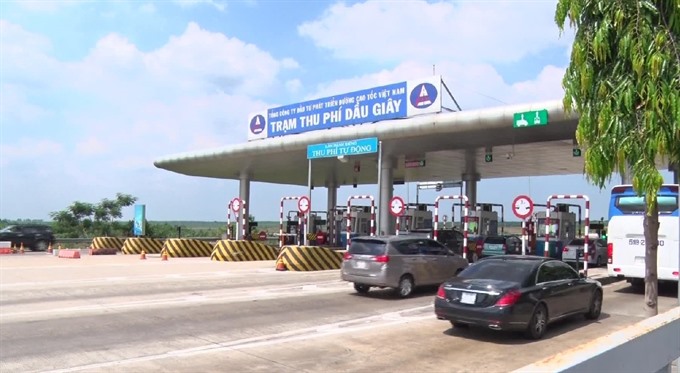 |
| The toll plaza Dầu Giây on the HCM City-Long Thành-Dầu Giây expressway that was robbed during the Tết (Lunar New Year) holiday. — VNA/VNS Photo |
HÀ NỘI — The Directorate for Roads of Việt Nam (DRVN) is planning an investigation into toll collection activities of the State-run Việt Nam Expressway Corporation (VEC) on all highways over concerns of a lack of transparency.
This comes after armed robbers escaped with almost US$100,000 during a toll-station raid last week
Questions were raised over the amount of money stolen at the station on the busy HCM City-Long Thành-Dầu Giây expressway in southern Việt Nam on the morning of February 7, the third day of the Lunar New Year.
Police said the two thieves made off with VNĐ2.2 billion (US$95,100) in cash, which was reportedly the cash collected that morning alone, much higher than previous VEC’s report that the daily revenue reached no more than VNĐ1 billion.
A VEC representative explained that as per the arrangements with its bank partner, the bank representative would arrive at the stations to pick up the toll once a day, but during the holiday, the toll pickup is every two days, resulting in the high amount of cash on the premises.
Mai Tuấn Anh, Chairman of VEC, told the media that speculation of the corporation’s underreporting revenues is totally unfounded.
The largest highway operator in Việt Nam also said it has in place several measures – including the use of 24/7 security cameras and internal audits – to ensure secure and accurate management of toll collection.
“All the tolls collected along the highways we manage would be transferred into the State budget, the collection process as well as the corporation’s expenditure are all closely monitored by the DRVN,” Tuấn Anh said, adding that VEC is working with the police to verify the revenues and put to rest “unnecessary rumours”.
VEC said the toll collecting units need to send a report detailing the total traffic and revenue to the corporation on a daily and monthly basis, and VEC itself would submit reports to the DRVN and the transport ministry each quarter.
DRVN Director Nguyễn Văn Huyện told Voice of Vietnam (VOV) the directorate would start inspecting the toll collection process by VEC after the police finished their investigation into alleged wrongdoings at the southern expressway.
Huyện agreed with VEC that the toll collection protocols at the corporation are quite “stringent and transparent”.
Slow ETC deployment
All four of highways under VEC’s management – Cầu Giẽ-Ninh Bình and Nội Bài-Lào Cai in the north, Đà Nẵng-Quảng Ngãi in the centre, and HCM City-Long Thành-Dầu Giây in the south – are built with official development aid (ODA), however, the roads are still tolled to recover loans and investment capital, drawing similarities to the Build-Operate-Transfer (BOT) model which also came under scrutiny in recent times for lack of transparency.
Given the recent State budget constraints, many infrastructure projects across Việt Nam were funded by private investors via concession models like BOT.
Previously, five people – including the director and deputy director – of the Yên Khánh Company, which collects tolls at the BOT station on the high-traffic six-lane HCM City-Trung Lương expressway, were arrested for manipulating software to falsify revenue and evade tax.
The case once again raised the issue of the need to have all BOT toll plazas fitted with electronic toll collection (ETC) systems to boost transparency and allow for fast, convenient transactions by eliminating the need for human staff or the use of cash.
Tô Nam Toàn, head of the science-technology and international cooperation department under DRVN, said the deployment of the ETC system began in July 2017, but it’s unlikely the transport ministry’s target of having all BOT lanes equipped with ETC by the end of 2019 would be met.
But, he said, all BOT stations will have at least one or two ETCs.
Toàn said the reason for the delay could be that the BOT investors are still not willing to be transparent with their revenues or trust a third-party ETC service provider with collecting the toll.
He said the DRVN is building a circular detailing the regulations on non-stop toll collection and institutionalising penalties against BOT investors or drivers who fail to follow regulations on ETC.
Toàn expects that by the end of 2019, the State Bank of Việt Nam would finish developing a payment portal to facilitate toll payments. — VNS


